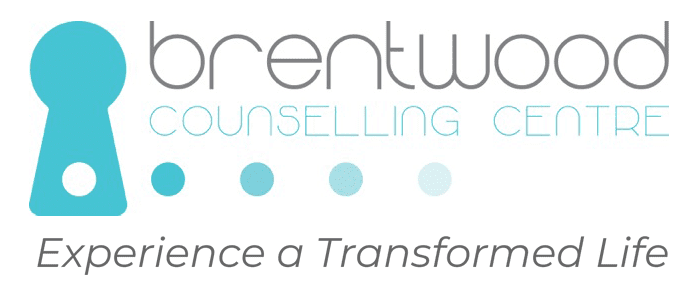Written By: Dr. Gloria Lee, Registered Psychologist
Most of you may think that you are an honest person. But research shows that the average adult lies 1 to 2 times a day and is lied to 10 to 200 times a day.
The psych-illogical thing is, none of us want to be lied to, but all of us lie to others.
So why do you lie?
The most common reason why you lie is to avoid getting in trouble and being punished. This is typically learned during childhood because you were raised by a parent who had high standards and regularly criticized and/or punished you for poor behavior, making mistakes, or not meeting up to the parent’s standards.
In other words, you lie so you don’t get judged and end up feeling shamed.
To avoid the parent’s wrath, you learn to lie, almost instinctually. As you enter into adulthood, you repeat this pattern when you feel triggered in interactions that you interpret as “dangerous”; that is, you’re going to get caught and get in trouble. So, you learn to tell little white lies, which in time turns into bigger lies to hide the original lie.
In addition to outright lying, other subtle ways you lie include minimizing the impact you caused, excusing your poor behavior, omitting information, and blaming someone else. These are ways in which makes lying so common.
Think about why you lie and where you learned to lie. The goal is not to stop lying, per se. The goal is to heal yourself of the fear of judgment so shame doesn’t rule your behavior. Try to slow down when you automatically want to lie. Ask yourself why you want to lie. Then soothe your fear and tell the truth. The outcome might surprise you.
When you teach yourself to stop lying, you heal the shame and step into your power. This process naturally leads to greater self-confidence and healthier relationships. By allowing yourself these corrective experiences, you will overcome the harm that was caused to you. You can do it. You deserve better. I’m cheering you on.







